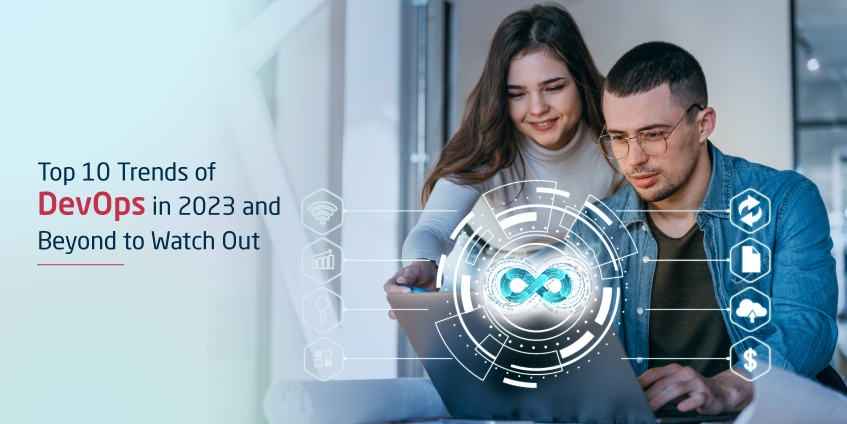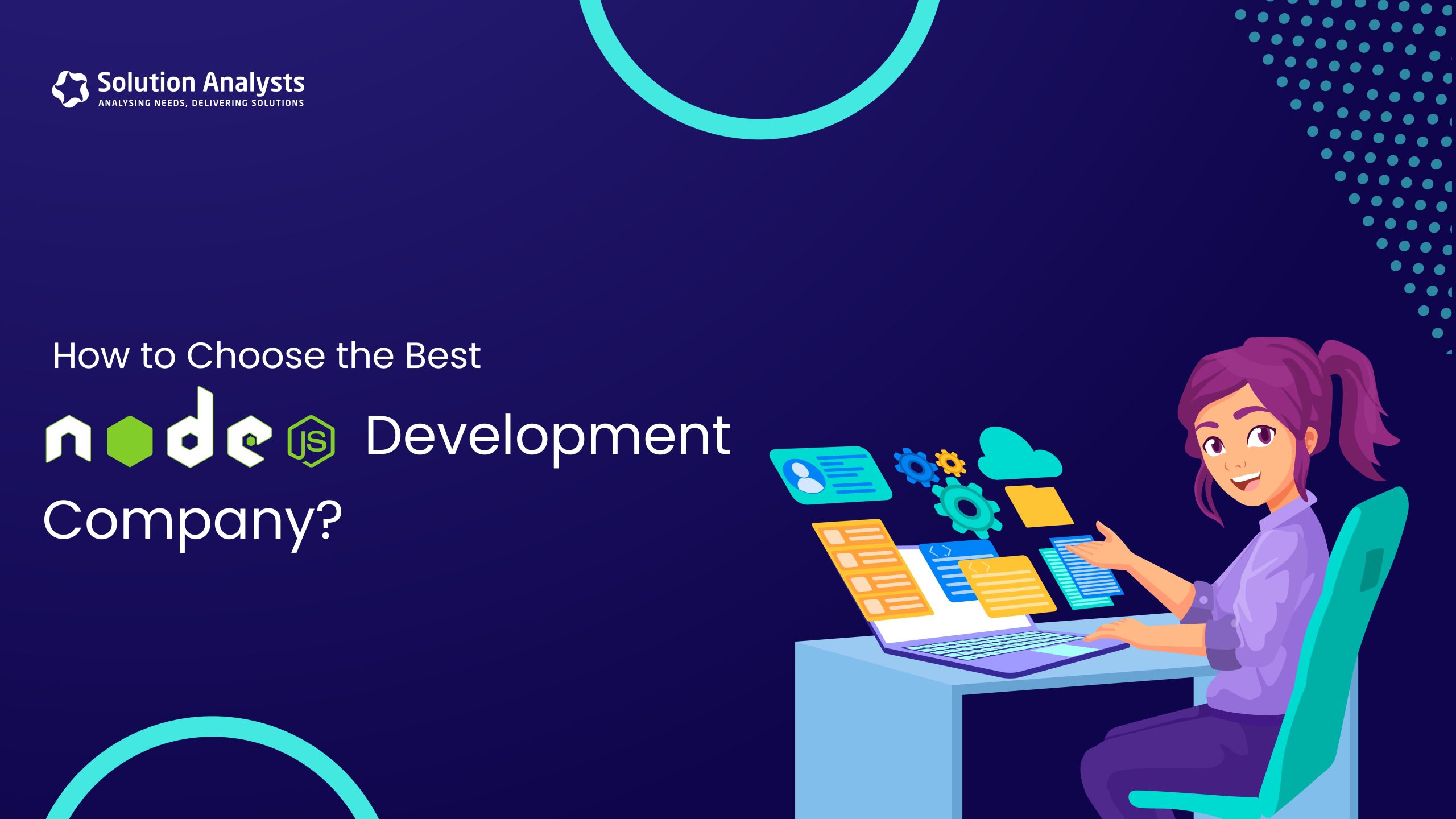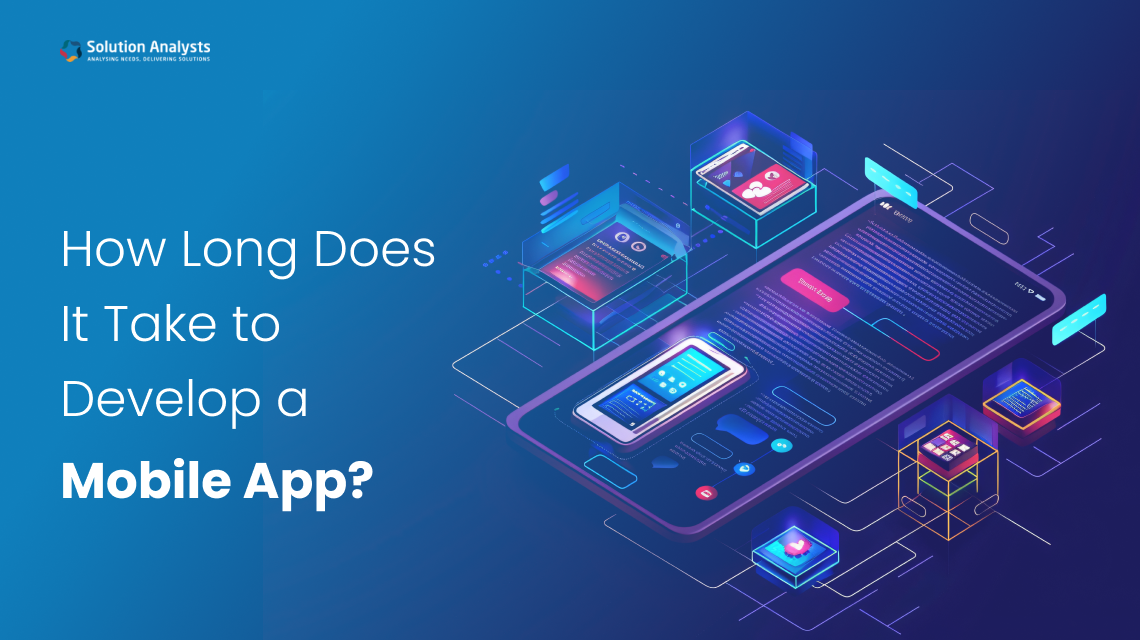
Table of Contents
In the realm of software development, emerging technologies are booming. Technology like DevOps is continuously proving itself significant among a huge list. Since its ideation, everyone has recognized DevOps has unique potential and will revolutionize the development industry. Amid the pandemic, DevOps has been established as an imperative development methodology.
In fact, according to the survey, the DevOps industry would grow at a CAGR of 24.7% from 2019 to 2026, reaching a value of $ 20.01 billion. Thus, it’s very clear that the role of DevOps in digital transformation will bring revolutionary changes in various industries.
The shift toward DevOps involves embracing open communication, transparency, increased customer experience, improved quality, and on-time project delivery. These benefits emphasize enterprises to leverage the power of DevOps to encourage smoother, continuous communication, collaboration, integration, visibility, and transparency between development teams (Dev) and IT operations (Ops) teams. Moreover, caseless transformation, new trends, and practices are making DevOps an exciting place to be right now and also in the future.
In this blog, we are going to know about the latest DevOps trends that will shape the future. Let’s move further.
Top 10 DevOps Trends to Watch in 2023
1. Serverless Computing
Serverless computing is a concept where an organization, outsourced infrastructure, and infrastructure tasks to external providers. Serverless computing has the potential to transform the way IT companies operate. If you are already embracing the DevOps approach or considering introducing it to your enterprise, then serveless is a best option for you.
Serverless computing in DevOps development solutions enables teams to eliminate the risk and problems related to pipeline management and focus more on development and deployment.
2. Low Code Application
DevOps is accelerating the overall lifecycle of application development. Low-code platforms are excellent tools for extending the benefits of agile and DevOps. Companies have already turned toward low code to develop and deploy applications swiftly with the help of the DevOps process. Low code application development speeds up the development process without any complexity, which is the reason for enhanced productivity of organizations that shift to a low code platform.
The agility that is unlocked by low code helps any organization to achieve competitive edges in the fast-moving and demanding software marketplace. Low-code DevOps is a blend of software development and IT operations that shortens the development life cycle.
3. AI Driven
The future of DevOps will be AI-driven. Artificial intelligence will replace humans as the essential tool for computing and analysis, revolutionizing how teams develop, deliver, deploy, and manage applications since humans are not suited to handle the enormous amounts of data and computation required in everyday operations.
AI is mostly integrated with software in order to enhance the functionality of it. DevOps teams can test, code, release, and monitor software more effectively with the aid of AI. Implementation of AI enables teams to improve automation, quickly identify and resolve issues, and also enhance collaboration amongst multiple teams.
Also Read : All You Need to Know About Hiring DevOps Engineers for Your Enterprise
4. GitOps
GitOps is a code-based infrastructure and operational procedure. It is an evolving version of infrastructure as code and DevOps best practices used for application development, such as version control, collaboration, CI/CD tools, etc. GitOps is a recent addition to DevOps workflow which helps teams to automate and control infrastructure. Through Git pull requests, it helps developer teams to manage infrastructure and software deployment.
5. Infrastructure as a Code
Infrastructure as a Code (IAC) will be one of the leading trends in DevOps. This trend facilitates the management and provisioning of infrastructure through automation instead of a manual approach.It is a fundamental DevOps best practice to apply continuous monitoring, virtualization testing, and version control to the underlying code that directs the development and administration of your infrastructure.
The adoption of DevOps techniques and closer collaboration between infrastructure teams and software development teams are made possible by infrastructure as code. There is a common vocabulary and a common set of standards that stakeholders already understand when infrastructure is code and is incorporated into your company’s software lifecycle. The communication between teams is facilitated by this shared knowledge, which is essential to DevOps.
6. DevSecOps
DevSecOps stands for development, security, and operations. It is a software development practice that integrates security elements at every stage until a developed solution does not deliver successfully. DevSecOps evolved from DevOps, thus implementation of DevSecOps instead of DevOps will gain momentum in the future. DevSecOps integrates security into the CI/CD pipeline, enabling development teams to tackle some of the most urgent security concerns of the present at DevOps speed.
7. SRE (Site Reliability Engineering)
The next level of the DevOps deployment is site reliability engineering. In the future trends of DevOps, it appears that the adoption of SRE as a strategy to enable high availability, dependability, and enhanced digital consumer experiences.The SRE technique is also necessary to fulfill internal service-level goals and service-level agreements (SLAs) (SLOs).
8. Observability
Observability will be one of the key trends in DevOps. It made reference to the methodology and software tools that assist Dev and Ops teams in logging, gathering, correlating, and analyzing vast volumes of performance data from a distributed application in order to gain in-the-moment insights.
9. Multi Cloud Environments
DevOps and multi cloud environments compliment each other and share a synonymous relationship. Their combination provides benefits and adds value to one another while increasing productivity count. DevOps and multi-cloud together are still unusual, nevertheless. The majority of businesses with a well-established DevOps pipeline are still a long way from putting a multi-cloud arrangement into place.
10. Chaos Engineering
Chaos engineering helps DevOps to cope with complexity. Its integration in DevOps can help teams to build a robust application to support business. Chaos engineering will be on the list of DevOps trends because of its supreme benefits such as it helps enterprise to mitigate security risks, provide deeper insights into working application patterns, reduce maintenance costs and empower them to provide better customer experience.
Concluding Lines
Regardless of what the future holds for IT firms, DevOps will develop further and significantly impact the IT sector. DevOps technologies and methods are continuously being adopted by businesses and teams. In fact, 50% of firms claim to have been using DevOps for more than three years, according to the survey that was done. Above mentioned DevOps help your organization to move rapidly beyond automation and focus on high-quality deliverables.
Do you want to transform your business by leveraging the power of the latest DevOps trends? Then you need the right DevOps development solutions provider like Solution Analysts. With robust DevOps development services, Solution Analysts empower organizations and teams with speedy application onboarding. Our DevOps solution enables you to ensure timely deliverables by maintaining quality. Reach out to us by dropping us a quick mail at [info@solutionanalysts.com].












 sales@solutionanalysts.com
sales@solutionanalysts.com biz.solutionanalysts
biz.solutionanalysts






